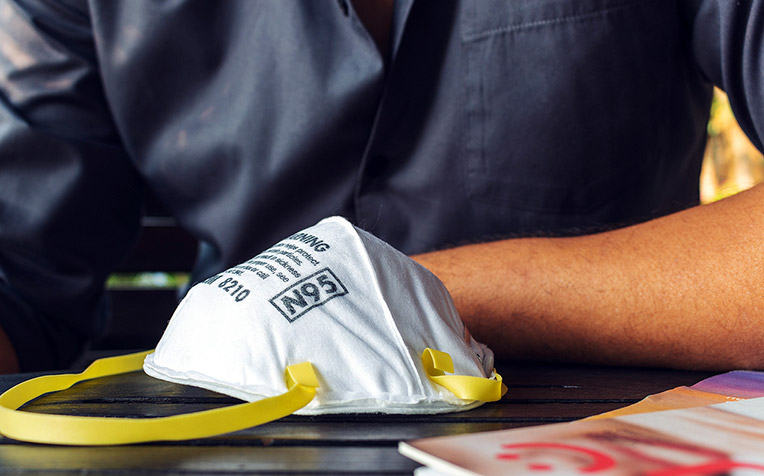
The haze in Singapore has hit unhealthy levels for the first time in over three years.
Assoc Prof Loo Chian Min, Senior Consultant,
Department of Respiratory and Critical Care Medicine at
Singapore General Hospital (SGH), a member of the
SingHealth group, shares tips on how you can minimise the harm.
People with heart or respiratory diseases, as well as young children and elderly, should avoid going outdoors whilst the haze lasts in Singapore, experts advise. Even if you don't have a pre-existing health condition, you should minimise or avoid strenuous outdoor physical activity when the air quality is unhealthy.
According to the National Environment Agency, a PSI reading of:
- 0-50 is good
- 51-100 is moderate
- 101-200 is unhealthy
- 201-300 is very unhealthy
- Above 300 is hazardous
Related article:
Haze precautions for children (with or without pre-existing medical conditions)
"Existing health conditions such as eczema, asthma, chronic obstructive pulmonary disease (COPD) and eye diseases like conjunctivitis are made worse by air pollution," says Assoc Prof Loo.
"Even healthy people can suffer from irritation in the eyes, nose and throat, coughing and sneezing, if they spend time outdoors during a smoke haze."
Related article:
How to survive an asthma attack when without an inhaler
Ways to protect yourself from the haze
- Minimise or avoid prolonged or strenuous outdoor activities when PSI levels are above 100
- Stay indoors with closed doors and windows when outdoor air quality appears to be worsening
- Roll up the windows of your car if you are driving
- Use an air-conditioner in your home to help remove pollutants
- Use an air ioniser or air purifier to catch very small particles
- Drink more water than usual – this helps the kidneys flush out any toxins absorbed through the skin and lungs
- Cut down on coffee and alcohol – these promote fluid loss and leach nutrients from the body
- Build up your immunity with foods rich in vitamin C (oranges, guava, strawberries), vitamin E (nuts and seeds) and omega-3 fatty acids (oily fish)
- Cover your nose and mouth when you go out for prolonged periods
- Do note that N95 masks are not needed for short durations outdoors. N95 masks are also not needed in an indoor environment.
Related article:
The better vitamin c source – fruits or supplements?
--
Articles on
HealthXchange.sg are meant for informational purposes only and cannot replace professional surgical, medical or health advice, examination, diagnosis or treatment.